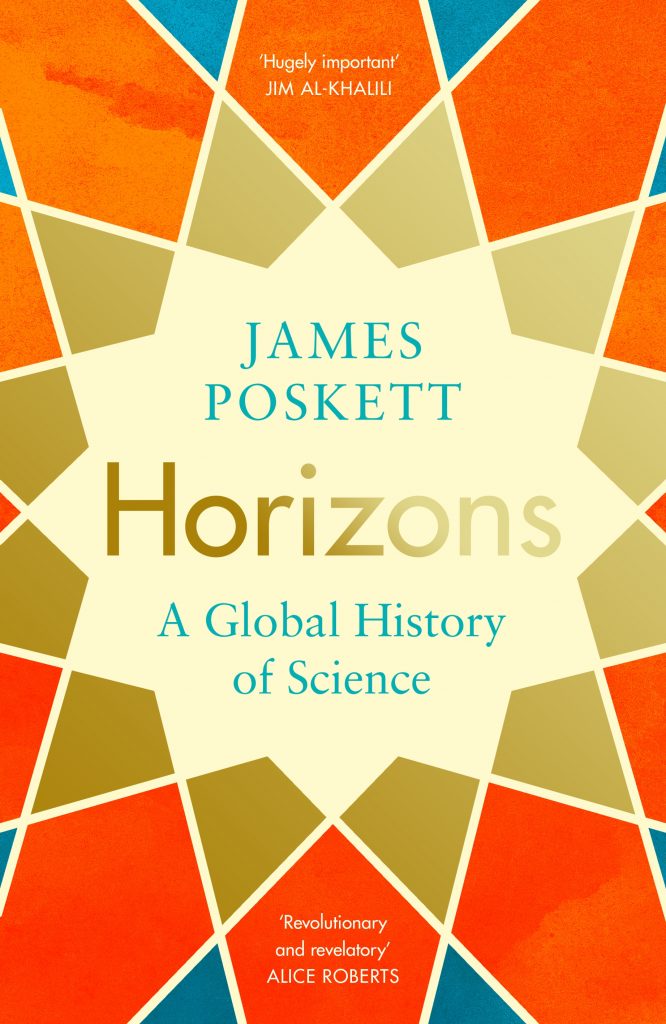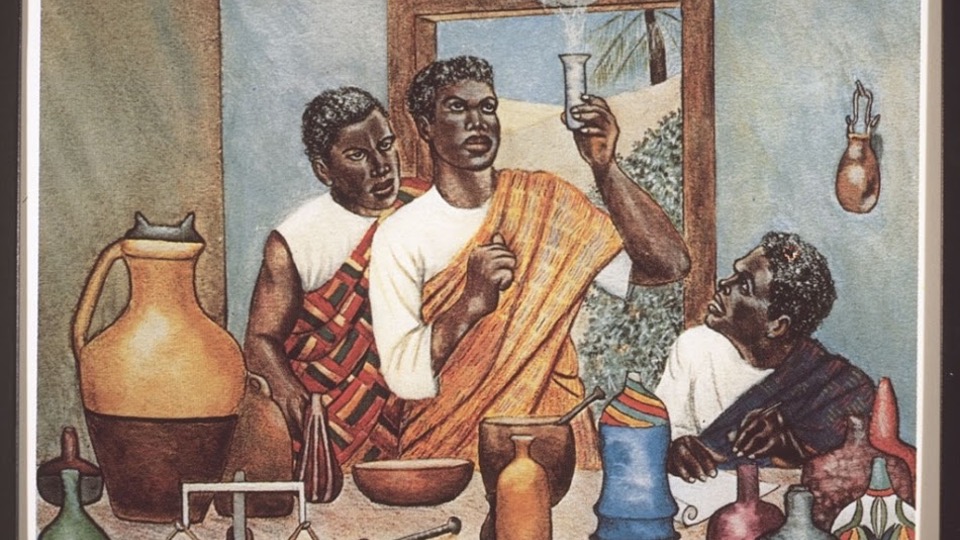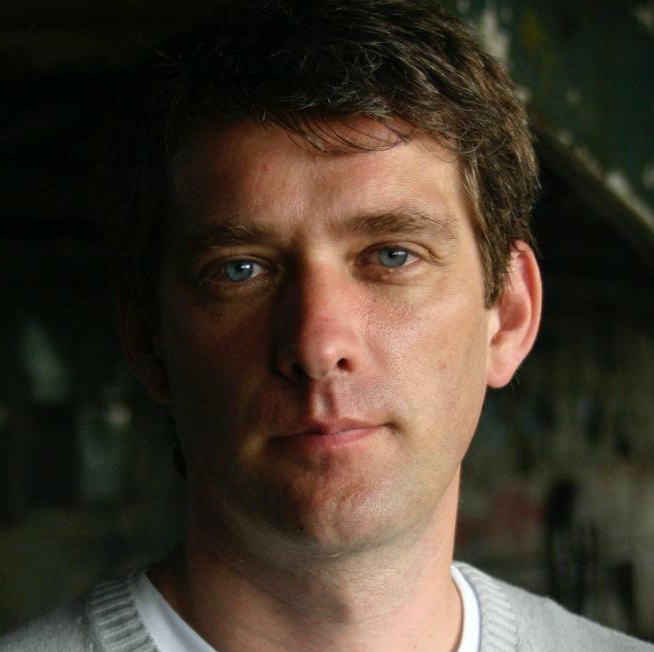We are told that modern science was invented in Europe, the product of great minds like Nicolaus Copernicus, Isaac Newton, Charles Darwin and Albert Einstein. But this is wrong.
Science is not, and has never been, a uniquely European endeavour.
Copernicus relied on mathematical techniques borrowed from Arabic and Persian texts. When Newton set out the laws of motion, he relied on astronomical observations made in India and Africa. When Darwin was writing On the Origin of Species, he consulted a sixteenth-century Chinese encyclopaedia. And when Einstein was studying quantum mechanics, he was inspired by the young Bengali physicist, Satyendra Nath Bose.
This livestream event with James Poskett will push the history of science beyond Europe, exploring the ways in which scientists from Africa, America, Asia and the Pacific fit into this global story.
Among many others, we meet Graman Kwasi, the seventeenth-century African botanist who discovered a new cure for malaria, Hantaro Nagaoka, the nineteenth-century Japanese scientist who first described the structure of the atom, and Zhao Zhongyao, the twentieth-century Chinese physicist who discovered antimatter (but whose American colleague received the Nobel prize).
Challenging both the existing narrative and our perceptions of revered individuals, this is an unmissable celebration of the work of scientists neglected by history. Don’t miss this chance to hear the story of science as you’ve never heard it before.
Praise for James Poskett’s Horizons:
This treasure trove of a book puts the case persuasively and compellingly that modern science did not develop solely in Europe. The well-trodden narrative that the scientific revolution began with Copernicus and Galileo, and continued through Newton, Darwin and Einstein, neglects so much. We acknowledge that science today is a truly global enterprise, but this hugely important book explains that it has ever been thus’ – Jim Al- Khalili
‘Brilliant . . . In this revolutionary and revelatory book, James Poskett not only gives us a truly worldwide history of science, but explains how international connections have stimulated scientific advances through time’ – Alice Roberts








